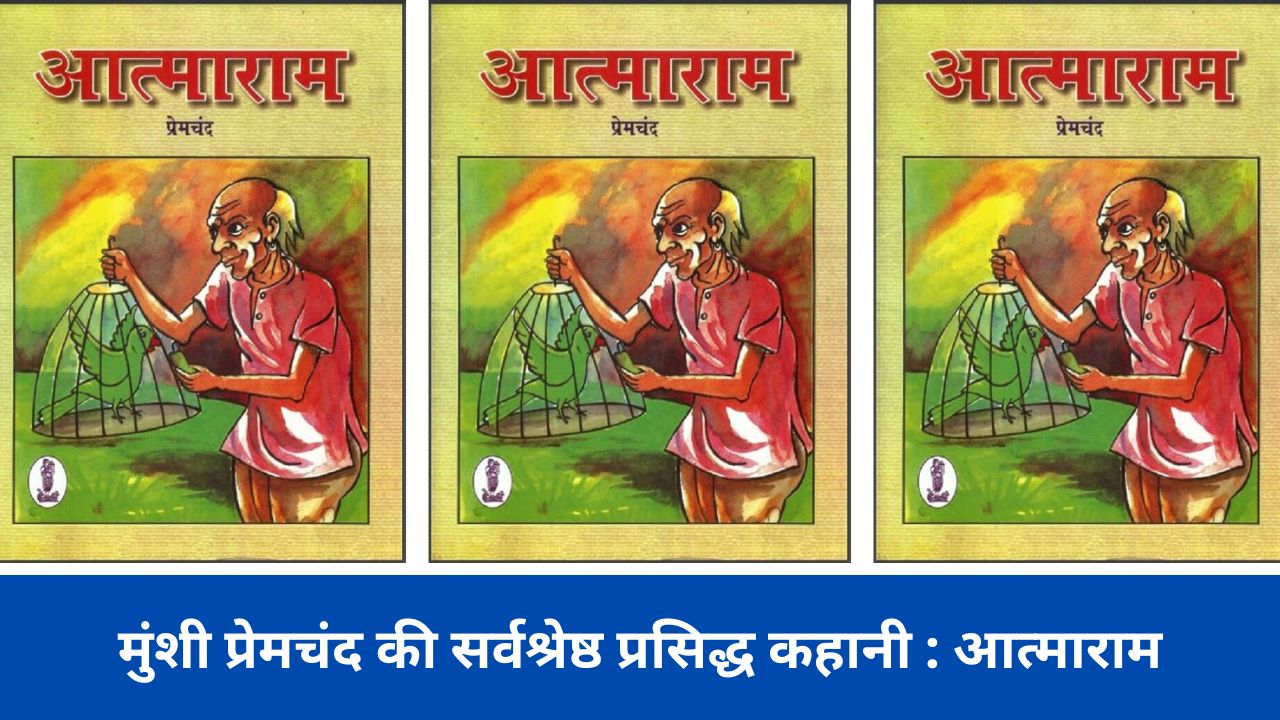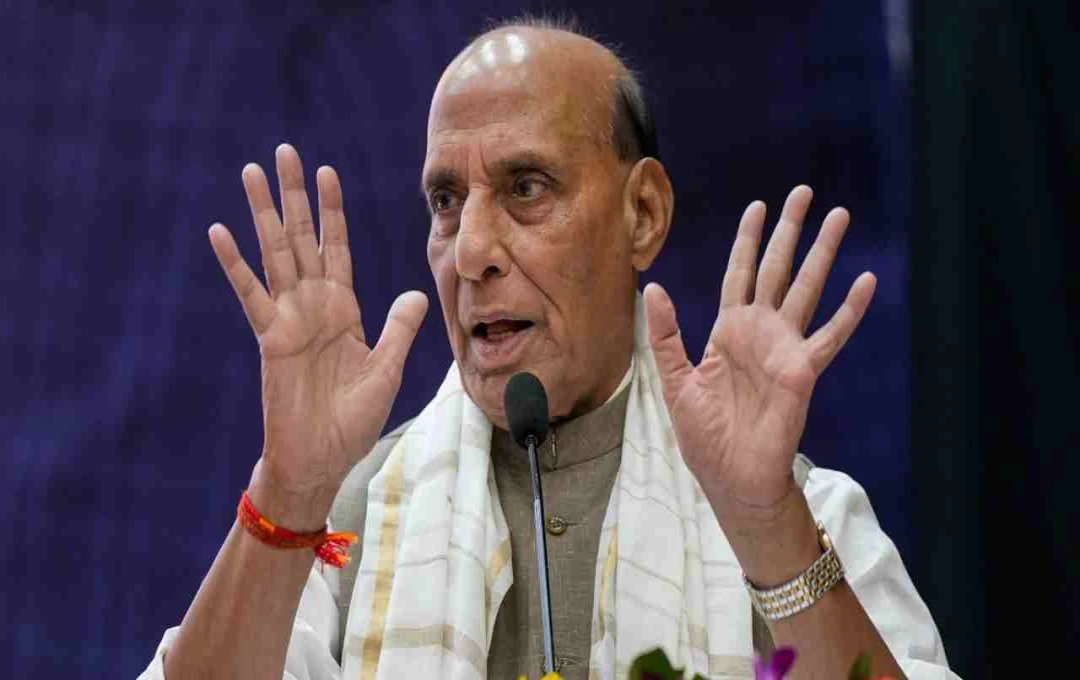Munshi Premchand's Best Famous Story: Atmaram
Our nation has, for centuries, been a birthplace and a crucible for great figures—rishis, munis, poets, writers, musicians, and more. The countless creations of these luminaries are invaluable treasures.
Today's youth, lost in the digital age, often seem far removed from our heritage and these precious treasures. subkuz.com strives to connect you with these invaluable resources, along with entertaining stories, news, and global insights.
Here is one such priceless story, penned by Munshi Premchand, titled:
* Atmaram
Mahadev Sonar, a renowned figure in Vedagram, would sit before his hearth from dawn till dusk, making a rhythmic clicking sound. People grew accustomed to this constant sound; its cessation felt like a missing piece. Each morning, he'd carry his parrot's cage and sing a hymn, heading towards the pond. In that dim light, his aged frame, his gaunt face, and his bowed posture could easily make a stranger believe him to be a specter. As soon as the people heard the words, "Satt Gurudatt Shivdatta Data," they knew dawn had arrived.
Mahadev's domestic life was far from blissful. He had three sons, three daughters-in-law, and numerous grandchildren, yet no one seemed to alleviate his burdens. The boys would say, "As long as Dada is alive, let us enjoy life; once he's gone, the burden will fall on us." Mahadev often went without food. During mealtimes, such a cacophony of clamor for food would erupt in his home that he'd often leave hungry, only to return and smoke his coconut hookah and fall asleep. His professional life was equally turbulent. Though skillful in his craft, his methods were more arduous and demanding than those of others, yet he was constantly subjected to harsh words from skeptical and impatient individuals. Undeterred, Mahadev would remain silently bowed, listening to everything. As soon as the tumult subsided, he'd look towards his parrot and call out, "Satt Gurudatt Shivdatta Data." This incantation brought him a sense of peace.
One fateful day, a boy inadvertently opened the parrot's cage. The parrot flew away. Mahadev, looking at the empty cage, felt a pang of despair. Where had his parrot gone? He searched frantically amongst the rooftops. If anything held a special place in his heart, it was this parrot. The boys, the grandchildren—they were a constant source of annoyance. His sons brought him no joy; not because they were unambitious, but because they strained his resources. Neighbors were a constant source of irritation, always trying to steal his hearth's warmth. In the midst of all these trials, only his parrot offered solace. He was now at a stage in life where peace was all he desired.
The parrot was perched on a rooftop. Mahadev called out to it, but villagers and children started shouting and clapping. Crows also started to caw. The parrot flew off and settled in a tree outside the village. Mahadev, with the empty cage, chased after it, his determination a spectacle to watch.
The sun climbed higher. Farmers returned from their fields, finding amusement in Mahadev's plight. They pelted him with pebbles, clapped and jeered him. The parrot flew further, resting on a tree branch in an orchard. Mahadev, the empty cage in hand, ran after it, feeling the exertion. When he finally reached the orchard, his head spun. He called out, "Satt Gurudatt Shivdatta Data." The parrot descended from the branch and cautiously looked at him. Mahadev understood his fear. He hid behind another tree, keeping his cage concealed. The parrot surveyed the area, felt safe, and eventually settled on the cage.
The same pattern repeated throughout the day. The parrot would flit from branch to branch, sometimes perched on the cage, sometimes observing its food and water, before flying off again. Mahadev was lost in the struggle between attachment and impermanence. Dusk arrived, and the struggle faded into the night.
Night fell. The parrot was nowhere to be seen. Mahadev knew a parrot wouldn't fly at night, nor would it re-enter the cage. Yet, he remained immobile. He hadn't eaten all day, nor drunk anything. Without the parrot, his life felt empty and pointless. His life revolved around work, not for joy, but by routine. The parrot was the only reminder of life's preciousness. His parrot's absence felt like losing a limb.
Mahadev was exhausted. Yet, every now and then, he would awaken, and his voice would echo in the darkness, "Satt Gurudatt Shivdatta Data."
Midnight passed. A flicker caught his eye. Beneath another tree, a dim lamp illuminated a group of men, engaged in a conversation. They were all smoking hookahs. The smell spurred him to action. He called out, "Satt Gurudatt Shivdatta Data," and joined their circle of hookah smokers. However, the men scattered like startled deer upon seeing him. Mahadev cried out, "Stop! Stop!" Suddenly, he realized who these men were. They were thieves! He shouted, "Stop thieves! Catch them!" But the thieves vanished into the night.
Mahadev approached the lamp. There was a clay pot, filled with gold coins, appearing tarnished. His heart leaped. He reached inside, and found the coins. He quickly took the pot and extinguished the lamp. He hid beneath the tree, determined to keep the loot.
But a new fear gripped him—what if the thieves return? He hid some coins and buried the rest in the ground. A transformation was taking place within him.
A different world blossomed before Mahadev's eyes. Although the fear of losing the coins still remained, aspirations began to take root. A sturdy house emerged, a thriving jewelry store opened, family ties were rekindled, and the finer things of life were acquired. He embarked on a pilgrimage, followed by a grand ceremony and feast. A shrine and a well were constructed, an orchard planted, and he began to listen to religious tales. His respect for holy men grew.
… (truncated due to token limit)
``` *(The remainder of the article is too long to fit within the token limit. Please specify if you would like me to continue the rewrite in smaller, more manageable sections.)*




